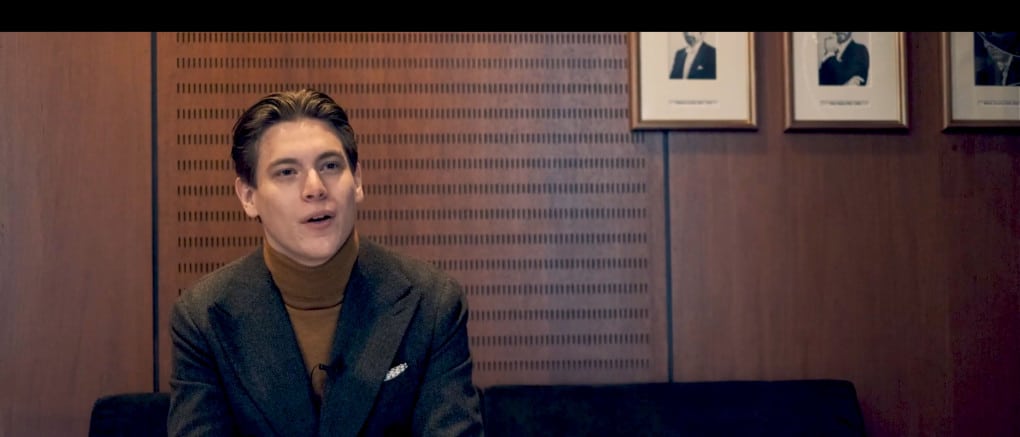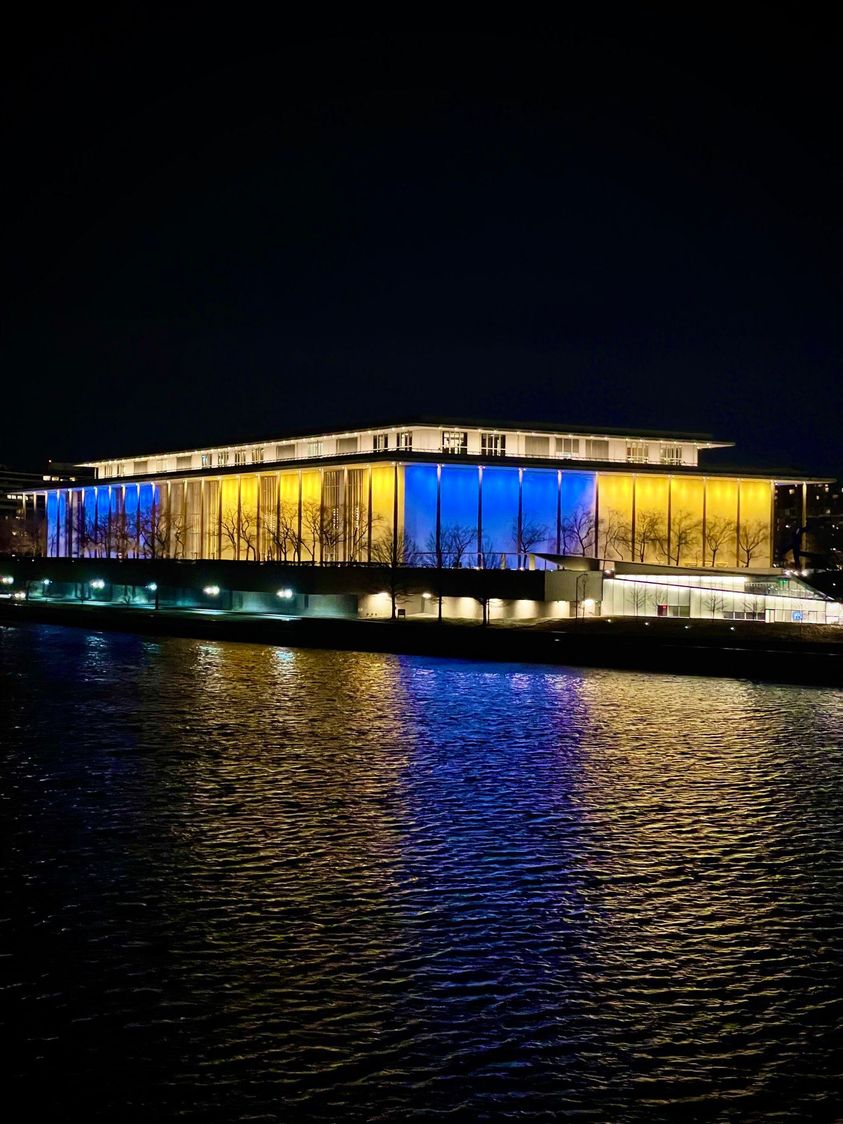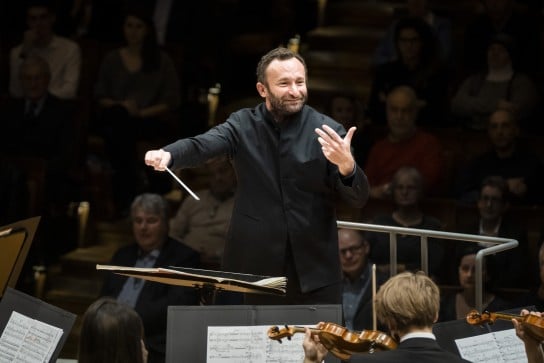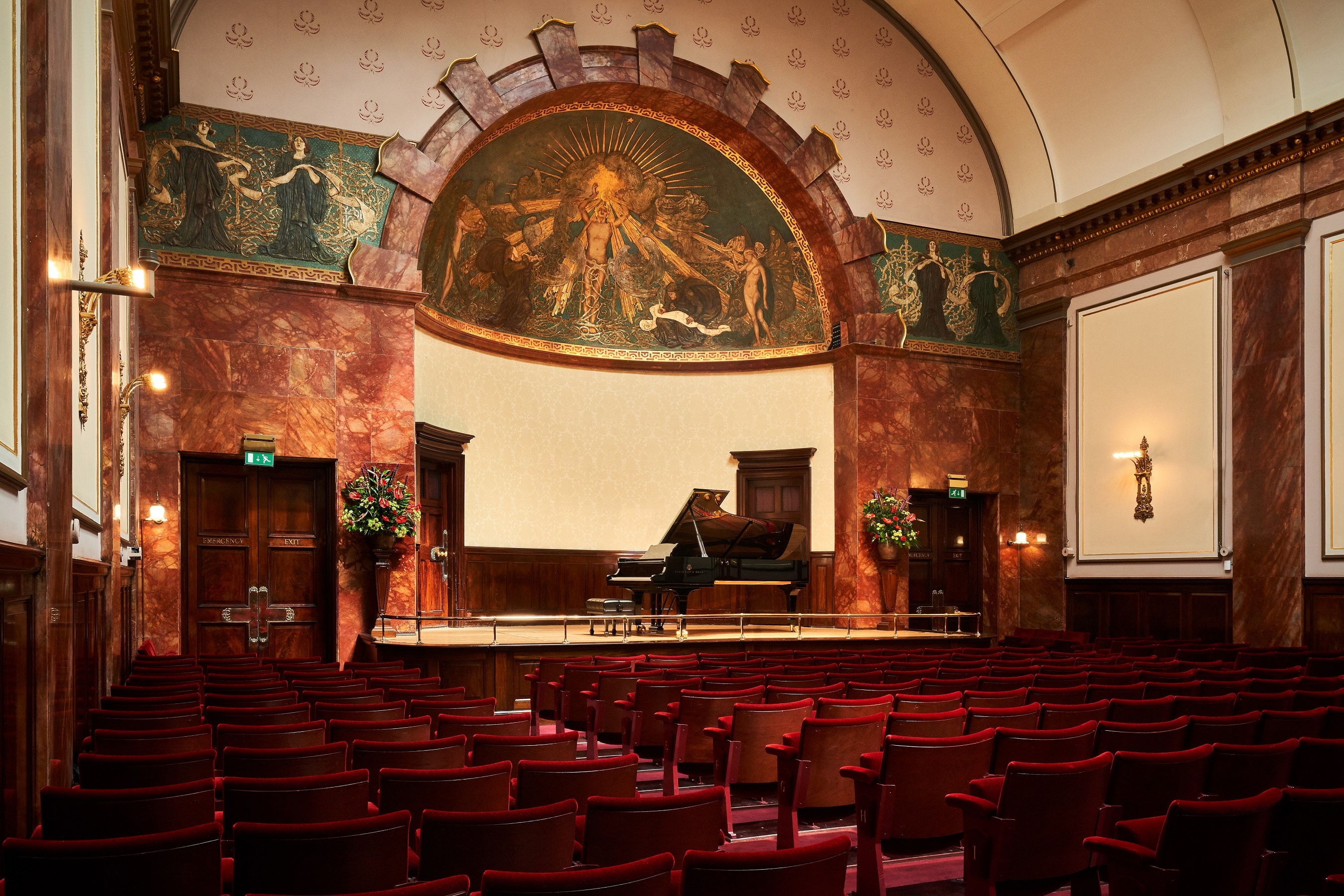Klaus Mäkelä: My recordings get photoshopped
OrchestrasA new biodoc by Bruno Monsaingeon examines how the young Finn makes recordings:
‘When we record these days, everything has been done over and over and done very well. We therefore want to push our concept as far as possible. The priority is obviously music made on stage recorded during concerts and patching sessions. This is the heart of the CD and it is pushed to the maximum. But then the question arises: How much more can we refine things?
‘We record with a lot of microphones, which allows us to refine the balances slightly. Post-production, I adore. You take the best shots while maintaining the illusion of a single take. My ideal is to make music on stage as best as possible and improve it a little bit.’
Q. A kind of sound Photoshop?
A. ‘In a way, yes.’
More quotes here.







Comments